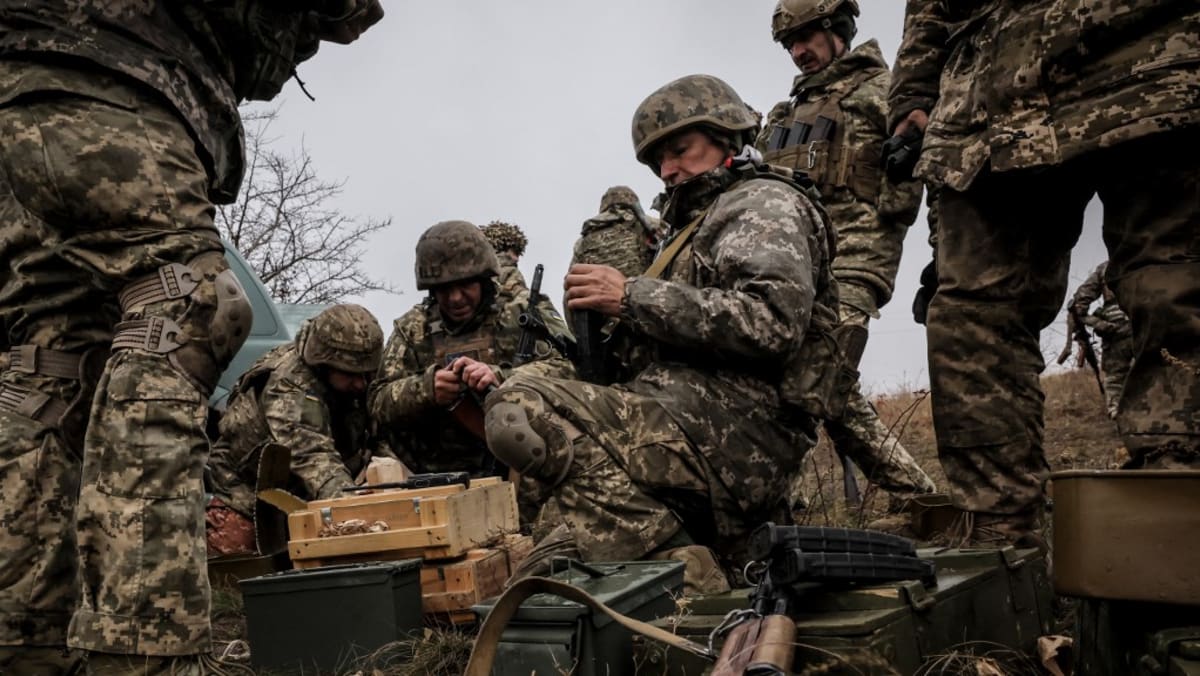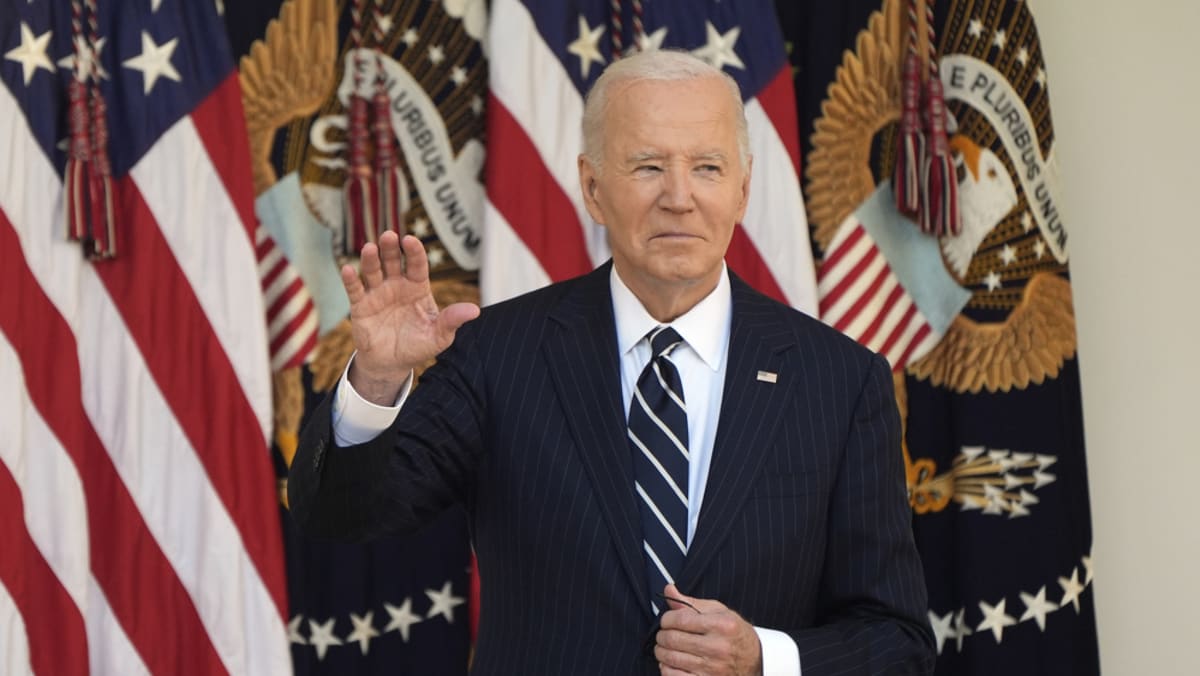MISTRUST AND DIVISION
The COP process relies on all parties agreeing to a final text, which sets the agenda for climate action on a global scale for the next year and can influence the movements of money for climate issues around the world.
At past conferences, negotiators have been forced into overtime, delaying the end of proceedings in order to come to a consensus. COP25 in Madrid in 2019 took nearly an extra two days to complete.
At COP28 in Dubai last year, nations butted heads on topics including fossil fuels in the communique. In the end, they agreed to “phase down” but not “phase out” polluting industries like coal, oil and natural gas.
National interests, regional dynamics and alliances forged or strained through war are all at play, and the conflicts of the day will act as a “powerful destabliser” to progress, according to Ms Moshiri.
The interplay between conflict and climate has “become more severe”, she said.
“Today’s polarised global landscape means that geopolitical tensions frequently derail climate efforts just when they’re needed most,” she said.
America’s relations with both Russia and China remain terse, exacerbated by conflict. All three are influential leaders in the negotiating halls of COP.
“There’s a global division that is becoming quite visible with those conflicts and it’s certainly a factor that doesn’t help cooperation,” said Mr Florian Krampe, a director at the Stockholm International Peace Research Institute.
“To have faithful conversations and negotiations, you need that trust. And we’re not really in a global situation where trust is a dominant factor,” he said.
An energy trilemma is playing out globally – where decision-makers are having to choose to prioritise only two out of three critical elements: Energy security, affordability and sustainability.
Conflict increasingly pushes the needle away from the latter option – the clean energy systems that help to decarbonise economies – because of underlying fears especially surrounding energy security, Ms Moshiri said.
The Ukraine invasion has disrupted global energy supplies and the Middle Eastern tensions continue to create turbulence in oil and gas markets. A breakout of an expansive regional war there would be expected to cause a major uplift in energy commodity prices.
Energy security is “the foundational and central mission” of the International Energy Agency, which noted in its 2024 World Energy Outlook that geopolitical tensions and fragmentation were “major risks” for both energy security and cooperative efforts to reduce emissions.
“The experience of the last few years shows how quickly dependencies can turn into vulnerabilities,” it said.
Europe’s reliance on Russian gas has been a leading example of this issue. Moscow’s invasion of Ukraine resulted in Europe having to broaden its purchase markets for natural gas, due to disruptions in supply and in desperate need of energy security.
Azerbaijan, now in the presidential seat for COP and majorly reliant on fossil fuels exports, proved a willing partner, said Ms Kamala Mustafayeva, an independent oil and energy analyst based in Baku.
“Europe is the main destination for Azerbaijani gas. They simply need more gas from Azerbaijan. It doesn’t matter about climate change or anything. You have to survive today, not tomorrow,” she said.
Azerbaijan is currently meeting around 5 per cent of Europe’s energy needs through its Southern Gas Corridor, which transports natural gas from the Caspian basin to Europe. It has pledged to double its exports to the continent by 2027.
Dr Michael Mann, director of the Penn Center for Science, Sustainability and the Media at the University of Pennsylvania told CNA that Russia is an example where domestic interests trump the broader push for a green transition.
“Russia is a petrostate whose primary economic asset is the fossil fuels buried beneath its ground,” he said, adding that he believed Moscow has sought to generate global instability to slow climate action that could undermine its own resources and economy.
“We can directly connect the dots here,” he said.
Russia’s energy mix has changed little in the near quarter century that Mr Vladimir Putin has been in a leadership role in Russia and its climate targets are considered “highly insufficient” by Climate Action Tracker, an independent scientific project tracking government pledges and action.
While in the short term, nations are focused on securing their energy supplies, the protracted and complex nature of conflict should be an ongoing spur for governments to wean away from unreliable global systems and instead be more self-sufficient by developing renewables, Dr Allan said.
The more extensive conflicts are though, the more difficult it is for them to push ahead with those plans.
“Much of Europe has rebalanced their energy mix in the past 18 months. The Ukraine war gave new motivations for the transition to renewables. There is a long way to go, but renewables are undeniably the best business case for new energy investments,” she said.
“But the global markets still look to oil as the bellwether of the health of the economic system. The reliance on fossil fuels is still systematic.”













